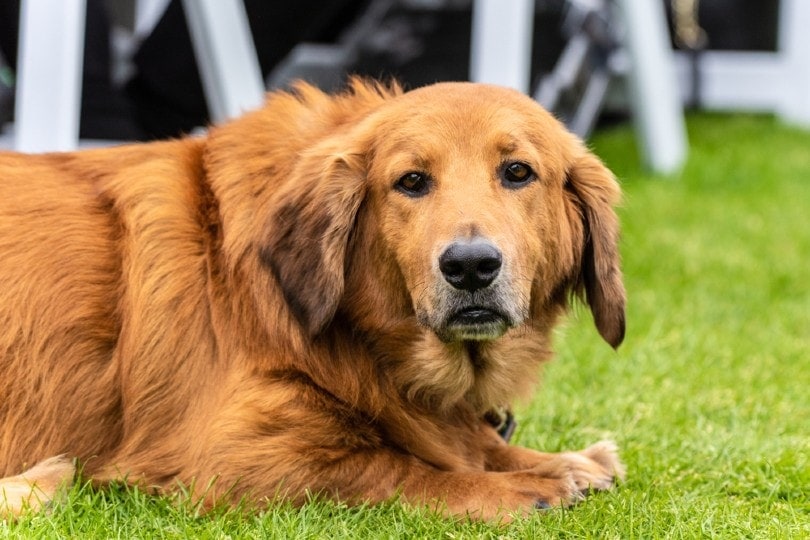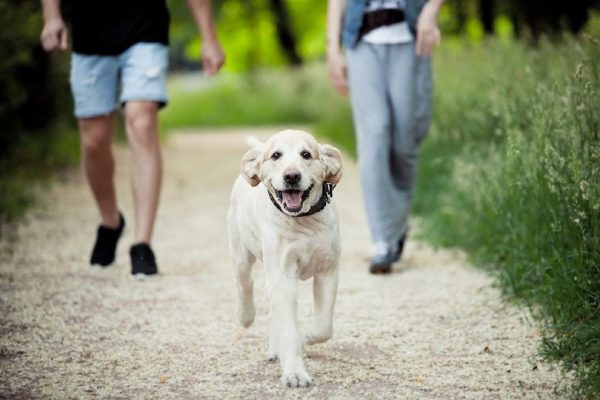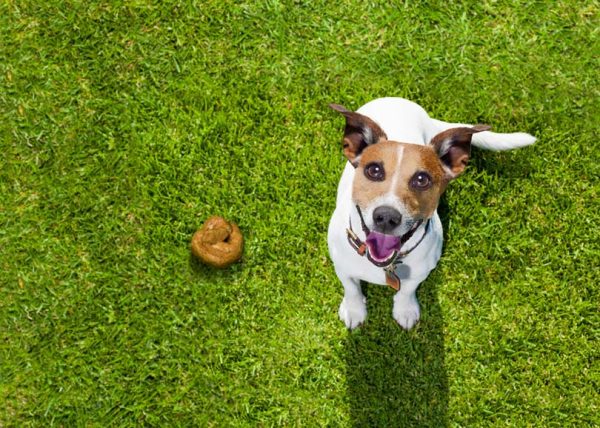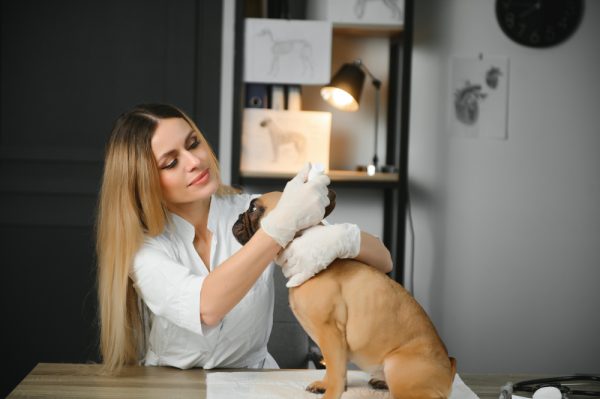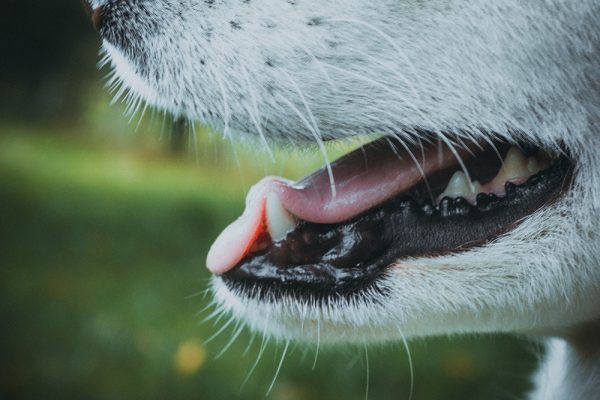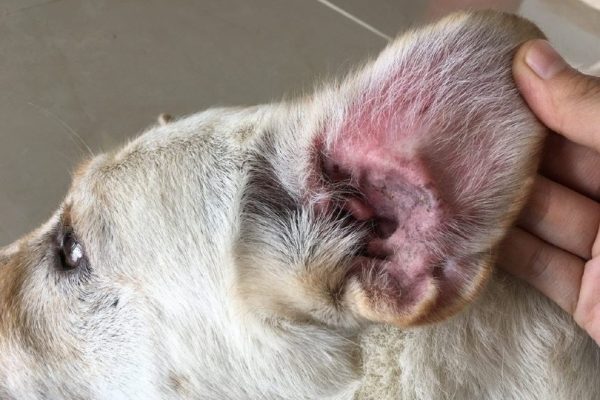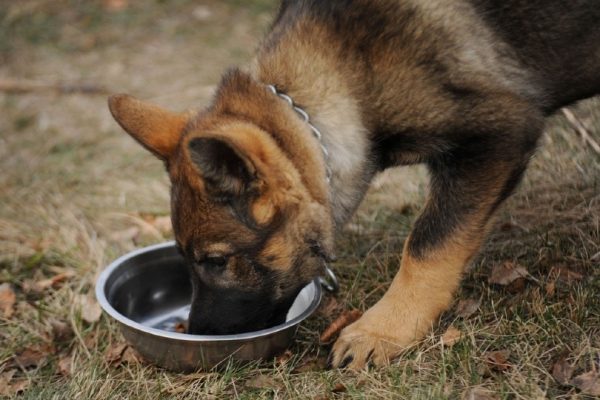In this article
View 8 More +The Basset Retriever is a mixed breed, a cross between the unflinchingly loyal Golden Retriever and the intelligent Basset Hound. With a combination like this, you can be sure of a dog that is highly intelligent, eager to please, and a hard worker and is as loving and playful as they come. Having loads of energy is another guarantee, and it can take a fair bit of exercise to tire out this pup!
Breed Overview
Height:
12–14 inches
Weight:
40–60 pounds
Lifespan:
10–12 years
Colors:
Brown, tan, white, tri-color
Suitable for:
Families, retrieving, field trials, young couples
Temperament:
Loyal, intelligent, energetic, playful, affectionate, eager to please
Of course, as with all mixed breeds, this dog may reflect one parent more than the other. A Basset Retriever with dominant Golden Retriever traits will likely be more loyal and attached to their owner, whereas if the Basset Hound’s genetics are stronger, the hybrid will have more of a hunting instinct and may be a bit more stubborn. That said, both breeds are adept hunters with a long history of being used out in the field, and a Bassett Retriever is likely to have a potent prey drive no matter the dominant breed.
If this unique mix sounds like it may be the dog for you, read on for more information about this energetic, intelligent, and loyal pup!
Basset Retriever Characteristics

Basset Retriever Puppies
Before you take the plunge and bring home a Basset Retriever puppy, you need to be prepared for a highly energetic pup that will need a great deal of exercise to stay happy and healthy. While these dogs are intelligent and eager to please, their Basset Hound genetics makes them stubborn at times, and this can be difficult for novice owners when training. You’ll need a fair bit of patience and dedication with these dogs, as an untrained Basset Retriever can quickly become a troublemaker when left to their own devices.
Be sure to read the Basset Retriever’s full care guide so you know what to expect when bringing one home. Learn what type of food and exercise they need so they can grow into a healthy and happy dog.
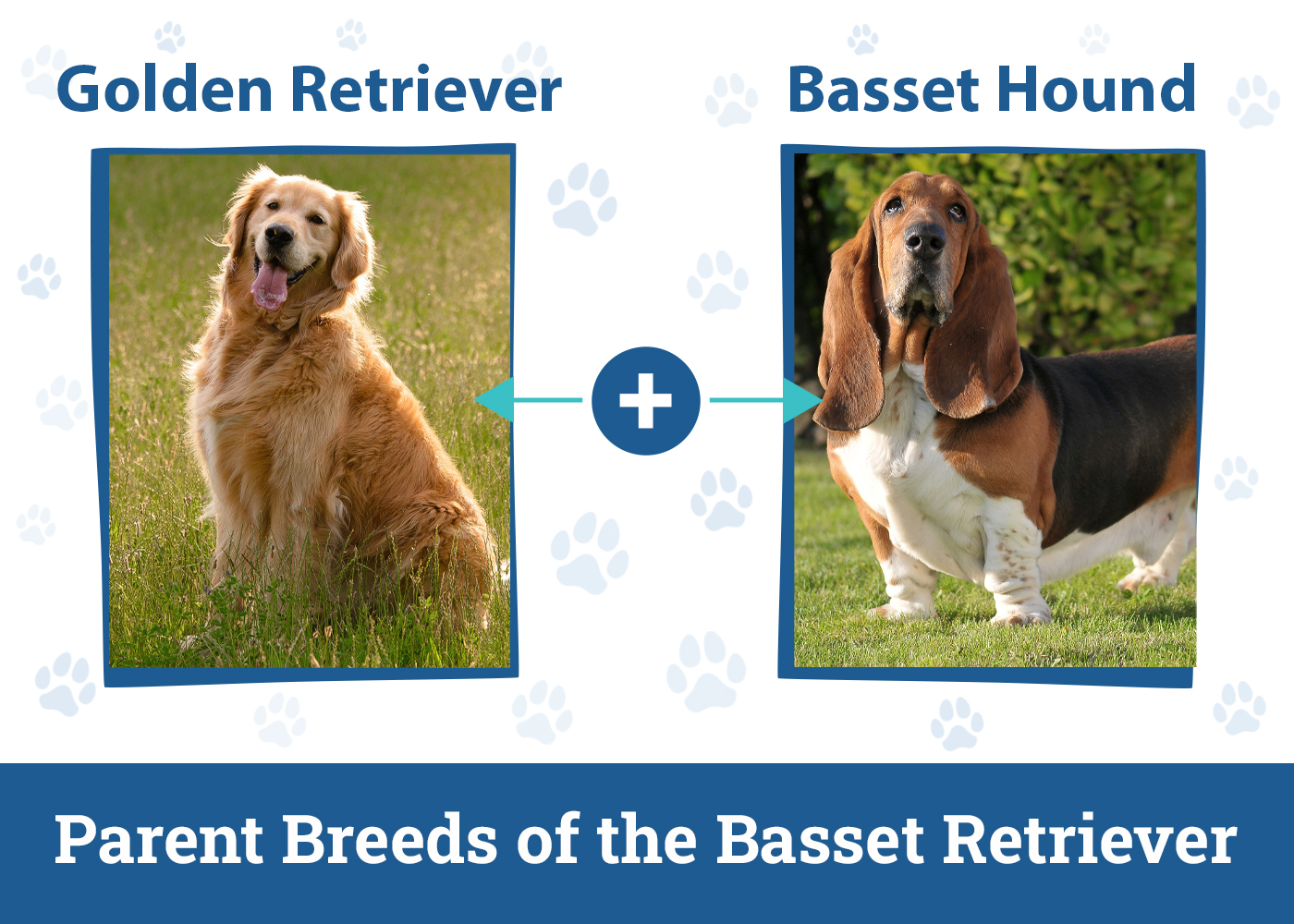
Temperament & Intelligence of the Basset Retriever
With the Basset Retriever being such a new breed and the parent breeds having somewhat differing personalities, the temperament of the Basset Retriever can differ from dog to dog. You may inherit a Basset Retriever that’s high energy, ready for action at a moment’s notice, and always eager to please their owner, just like a Golden Retriever. Or you may find your Basset Retriever to be a bit more laidback, independent, and even stubborn at times, like a Basset Hound.
There are a few traits that are certainties, though: These dogs are always loyal, friendly, and calm and make great family pets. They are mild-tempered dogs that are rarely, if ever, aggressive. They love being around their family and are happy to meet new faces.
One trait that all these dogs seem to inherit from their Basset Hound parent is their vocalization. They tend to bark at anything and everything, which can be problematic if you live in an apartment. Of course, with good training and plenty of exercise, this trait can be diminished somewhat.
Are These Dogs Good for Families?🧑🧑🧒
Basset Retrievers are friendly, loving, and mild-mannered dogs that make ideal family pets. They are not easily angered or aggressive, are highly tolerant of small children, and love being around people. These small dogs can happily live in a variety of environments, and with good training, they make great travel buddies too. They will love playing with kids and are always up for a walk or session of fetch or frisbee.
Does This Breed Get Along With Other Pets?
Due to the Basset Retriever’s parent breeds, they will likely have a strong prey drive, so smaller pets like hamsters or rabbits may be seen as prey. With early socialization and good training, though, this is an issue that can be overcome. With other dogs and cats, they are friendly and social animals and generally do well in multi-dog households.

Things to Know When Owning a Basset Retriever
The Basset Retriever is a small, even-tempered dog that is easy to care for. They usually have a short, soft coat, and even if they inherit the slightly longer coat of the Golden Retriever, they are a breeze to groom. Here are more detailed tips on owning a Basset Retriever.
Food & Diet Requirements 🦴
The Basset Retriever is a small dog, and as such, they do not have a massive appetite. That said, they are a highly energetic dog with a great deal of weight for their small size and can certainly eat more than most other, similar-sized dogs. The food that you give your Basset Retriever should be formulated especially for medium-sized breeds.
Dry kibble is great, provided that it is high quality. Two cups per day divided into two separate meals a day to avoid bloat is recommended. Make sure animal-derived protein is first on the list of ingredients—ideally, chicken or beef—and the food should be free from artificial flavors, colors, and preservatives. It’s a good idea to make sure it is also free from “filler” ingredients, like wheat, soy, and corn, and it should have a protein content of at least 40%.
Be careful not to overfeed these dogs, as they are prone to getting overweight, especially if they’re not getting enough exercise. You can supplement their dry food with lean meats occasionally, as this is a great way for them to get the quality protein that they need for growth and energy.
Exercise 🐕
Basset Retrievers are high-energy dogs with a long history in their parent breeds of hunting and working. You should aim to give them at least 2 hours of exercise a day, ideally divided into two sessions. It’s important to have these dogs on a leash when walking them, as they have a powerful nose and may go running off after a scent, after which they are difficult to get back. Even a well-trained Basset Retriever may get tunnel vision when it comes to a tempting scent and suddenly forget their command training!
Playtime is an important part of exercise, and this will help your pup get the mental stimulation that they need. It also offers a great opportunity for bonding with your dog. They love games like fetch and frisbee and are known for swimming too.
Training 🎾
Basset Retrievers have powerful prey instincts in general, and they’ll need good training to keep them from running off after a scent. You should aim to begin training as early as possible, preferably the day that you bring them home, and the same goes for socialization. With their Basset Hound heritage, they can be stubborn at times, so they’ll need consistent and firm training that will take time and dedication. We highly recommend reward-based training methods, as their eager-to-please nature will respond well to these methods and help them learn commands far quicker.
We also recommend engaging in training sessions after exercise, as they’ll be less distracted and more likely to concentrate on the task at hand. They are highly intelligent pups with their Golden Retriever genes, so they are generally fast learners and on the whole, enjoy the training process.
Grooming ✂️
Basset Hounds are a breeze to groom, with short to medium-length coats that are not prone to matting or knotting. They’ll still need regular brushing, though, at least once a week, to remove any dead hairs and to keep the inside of your house free of dog hair! Bathing is not necessary unless they get dirty, and even then, warm water is fine, as shampoos can interfere with their coat’s natural oils.
Basset Retrievers may inherit their parent breed’s long, droopy ears, so it’s important to check their ears for any signs of infection and keep them clean and free from debris. They may need their toenails clipped every couple of months, and it’s a good idea to brush their teeth occasionally to prevent any dental issues.
Health and Conditions 🏥
Basset Retrievers are generally healthy pups, and their mixed genetics make them less likely to suffer from issues that their parent breeds do. Still, there is no guarantee, and they may inherit common conditions of both Basset Hounds and Golden Retrievers. This includes hip and elbow dysplasia and eye issues. Their long ears also make them prone to ear infections.
- Cataracts
- Entropion
- Cherry eye
- Ear infections
- Patellar luxation
- Hip and elbow dysplasia
- Glaucoma

Male vs. Female
If you’ve decided that a Basset Retriever is the dog for you, you’ll need to decide whether to get a male or female. The main thing to consider when deciding on sex is the dogs you already have at home, as same-sex pairings are known to cause fighting at times. If the Basset Retriever will be your only dog, the choice of a male or female is entirely down to personal preference, as there is little difference in personality between males and females.
It’s important to point out that your dog’s temperament is far more influenced by their genetic lineage, upbringing, and environment than their sex. No matter which you go with, most dog experts highly recommend spaying and neutering your Basset Retriever, as this prevents unwanted pregnancies in females and stops males from wandering in search of females.

3 Little-Known Facts About the Basset Retriever
Basset Retrievers have an incredible sense of smell
With both the Basset Hound and Golden Retriever in their heritage—breeds that have been used widely for their keen sense of smell—you can be sure your Basset Retriever will have the same highly sensitive nose. The Basset Hound’s sense of smell is second only to that of the Bloodhound, leading Basset Hounds to be used consistently in field and scenting work. The Golden Retriever’s nose is no slouch either; they have been used widely in search-and-rescue operations and as guide dogs for the blind. With this combination, the Basset Retriever is sure to have a sharp sense of smell.
They are highly intelligent
Basset Hounds have been used as working dogs for centuries due to their keen sense of smell and their high intellect. While they are known to be somewhat stubborn and independent-minded at times, they are accustomed to training and taking instruction. Golden Retrievers are consistently ranked among the top five smartest dog breeds, so along with a sharp sense of smell, your Basset Retriever is sure to have a sharp mind too.
They are small but heavy
The Basset Retriever may be small, typically standing only 12 to 14 inches high, but they make up for this with their heavy, dense bone structure. Adult Basset Hounds can weigh up to 70 pounds, and Basset Retrievers are not far off. These dogs are stocky, hardy little pups that many owners struggle to pick up.

Final Thoughts
The Basset Retriever inherits all the best parts of their parent breeds, resulting in a loyal, loving, and intelligent dog that makes a great addition to any family. They are generally easy to care for, low maintenance, and fairly easy to train and require moderate exercise. They are great for novice dog owners, though they have a stubborn streak that can be difficult in training. But with patience and consistency, this is not a huge problem.
If you are looking for a mild-mannered, affectionate, and low-maintenance pup to add to your family, the Basset Retriever is a great choice!
See Also:
Featured Image Credit: Jon Osumi, Shutterstock
